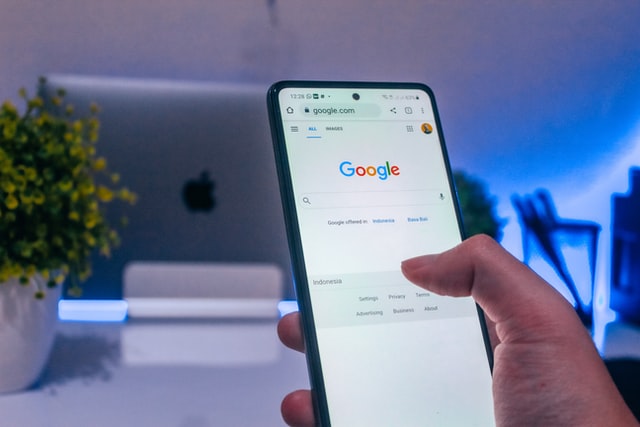 POLICY
POLICY
 POLICY
POLICY
 POLICY
POLICY
Google LLC announced today that people will now be able to have just about all their personal information removed from search results and doing that has been made easier.
The company in the past had offered a similar option to people, but now the types of information have been expanded and when someone sends in a request, the chances are that if it’s not “newsworthy” or in the public interest, it will get taken down. In the past, such a request might have been granted only if an employee at Google decided that leaving the data up could cause the person harm.
“On Google Search, we already have a set of policies that allow people to request the removal of certain content from Search, with a focus on highly personal content that, if public, can cause direct harm to people,” Google said in a blog post. “But the internet is always evolving – with information popping up in unexpected places and being used in new ways — so our policies and protections need to evolve, too.”
To prevent fraud, Google has routinely removed bank account or credit card numbers on request, but now people can ask for their address to be taken down, as well as email address and telephone number. That should be enough to prevent doxing, said the company.
In an effort to stop identity theft, Google also said it may remove government IDs, Social Security numbers, tax information, credit card numbers, handwritten signatures, any images of certain IDs, login details, medical records and any other form of identifying official records. In short, someone can now almost disappear from search results in regard to personally identifying data they might want to keep to themselves.
The company said this is all part of an initiative to save people from harm online, mentioning its recent policy for people under the age of 18 to have their image removed or their parents request that. Google can also take down deepfake videos of a person of a pornographic nature and “non-consensual explicit or intimate personal images.”
However, people should know that removing something from search results doesn’t mean it’s not on the internet. Google said if people want the information to disappear completely, they’ll have to contact the website where it appears.
Support our mission to keep content open and free by engaging with theCUBE community. Join theCUBE’s Alumni Trust Network, where technology leaders connect, share intelligence and create opportunities.
Founded by tech visionaries John Furrier and Dave Vellante, SiliconANGLE Media has built a dynamic ecosystem of industry-leading digital media brands that reach 15+ million elite tech professionals. Our new proprietary theCUBE AI Video Cloud is breaking ground in audience interaction, leveraging theCUBEai.com neural network to help technology companies make data-driven decisions and stay at the forefront of industry conversations.